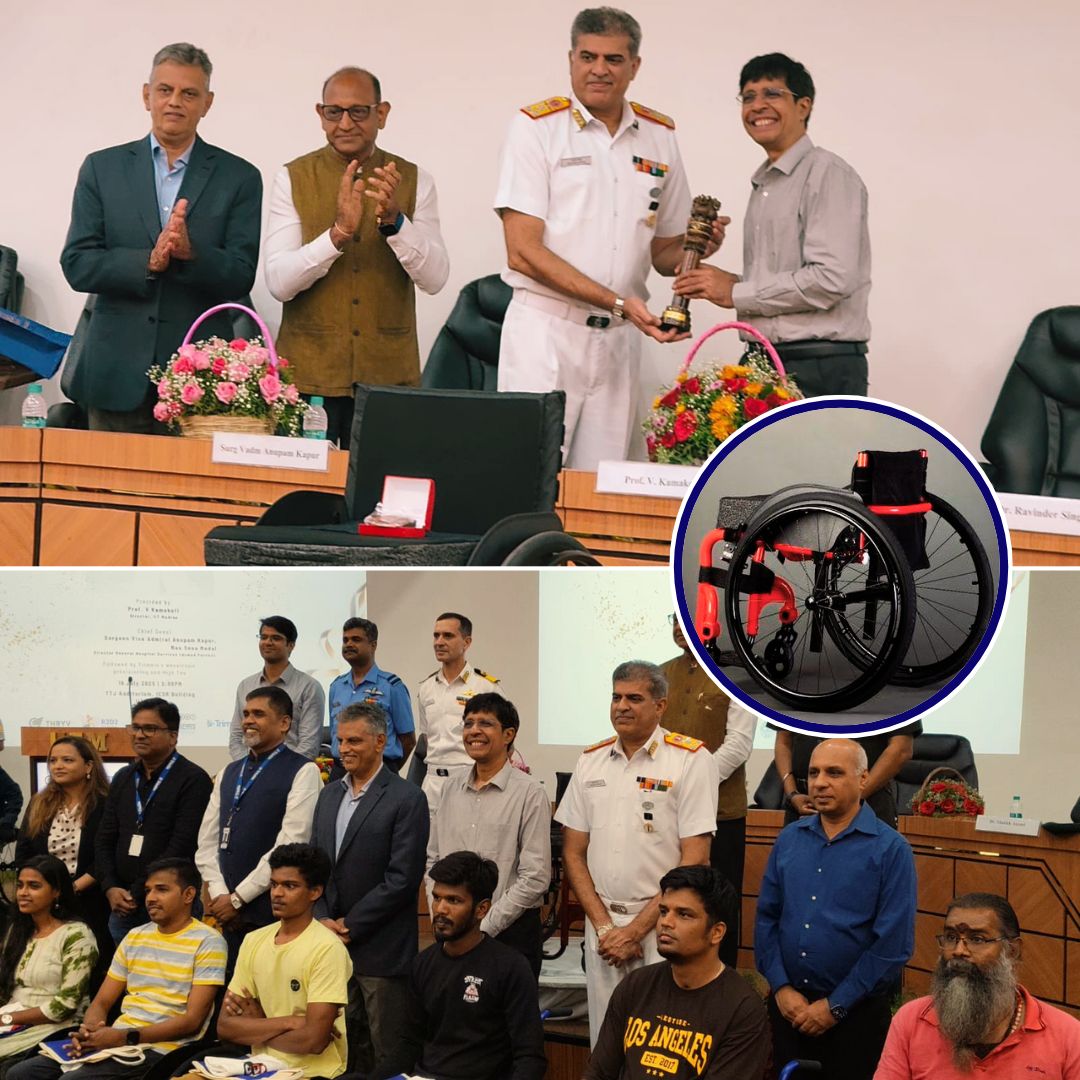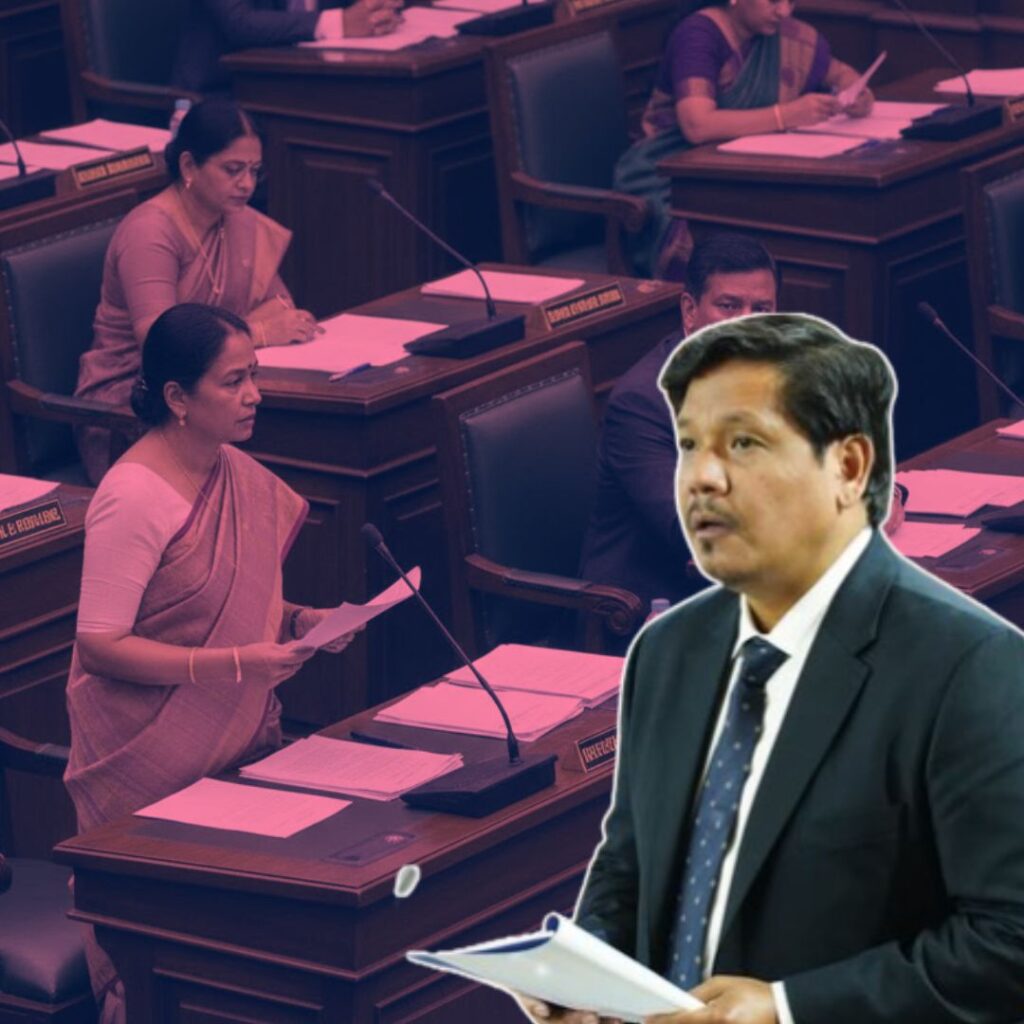The Indian Institute of Technology Madras (IIT Madras) has launched YD One, India’s lightest active rigid-frame wheelchair, in Chennai on July 16, 2025. Developed with Thryv Mobility and the TTK Centre for Rehabilitation Research and Device Development (R2D2), the 9-kg YD One offers customised solutions for people with disabilities.
Retailing at ₹74,700—one-third the price of comparable imports—it aims to boost independence and accessibility nationwide. Attendees and officials hailed the innovation as a significant advancement for dignity and practical mobility, with efforts underway to make the first 20 units available to deserving recipients through corporate social responsibility (CSR) support.
Revolutionising Mobility: A Game-Changer for Accessibility
The YD One sets a new benchmark in mobility aids in India, thanks to its mono-tube frame composed of aerospace-grade carbon fibre and aluminium—materials renowned for their combination of strength and lightness.
The result is a chair that weighs half as much as traditional hospital-style models, without compromising on durability or comfort. It is fully customisable—crafted to fit an individual’s body dimensions, usage habits, and mobility needs. Suited for active urban and rural lifestyles, the chair supports up to 120 kg and can be lifted or stowed in vehicles with ease.
Speaking at the launch, IIT Madras Director V Kamakoti remarked, “With YD One, our teams have turned scientific insight into everyday empowerment. This is what innovation, tuned to real-world needs, looks like.” Surgeon Vice Admiral Anupam Kapur added that “transformative solutions must leave the lab—this chair is a powerful start.”
From Consultation to Nationwide Impact: The Story So Far
YD One’s development follows years of research, user feedback, and rigorous testing. Realising that imported wheelchairs were cumbersome, ill-fitted, and unaffordable—especially for rural and low-income users—IIT Madras’ R2D2 team prioritised accessibility and quality. Internationally accepted ISO safety certifications and stress tests ensure that YD One is robust in practice, not just in theory.
Key collaborators—including manufacturing partner Thryv Mobility and CSR sponsor Trimble—have made it possible to offer the first 20 units free of cost, targeting those in greatest need.
“World-class, affordable assistive devices should be accessible to all, and we are proud to help create this future,” said Prof. Sujatha Srinivasan, who leads R2D2. The project aligns with India’s broader push for homegrown innovation, especially in the assistive tech sector, as the country aspires to bridge its persistent accessibility gaps.
The Logical Indian’s Perspective
YD One is a shining reminder that real progress blends technology with empathy and inclusion. At The Logical Indian, we believe that “innovation” only matters when it elevates lives—offering dignity, independence, and opportunity, not just charity.
By making world-class assistive technology both affordable and homegrown, IIT Madras and its partners set a powerful precedent for how India’s scientific spirit can serve its most overlooked citizens.
As we celebrate this advancement, we ask our readers: What other daily challenges—mobility-related or not—deserve similar collaborative innovation? How can we nurture a culture where every Indian, regardless of physical ability, thrives with dignity and purpose?
Surg Vice Adm Anupam Kapur, NM, #DGHS(AF) unveiled the country’s first indigenously developed ultra-light active wheelchair during his visit to #IITMadras on 16 July 2025. Weighing just 9 kg and crafted from aerospace-grade materials, the customised wheelchair blends world-class… pic.twitter.com/T8MERxgyct
— DGAFMS-MoD (@dgafms_mod) July 18, 2025












